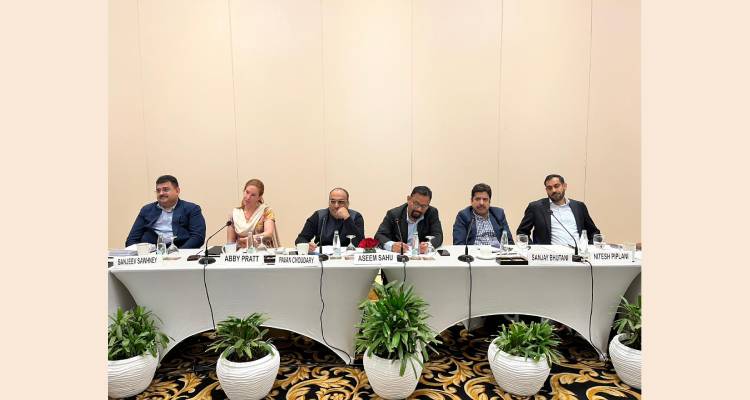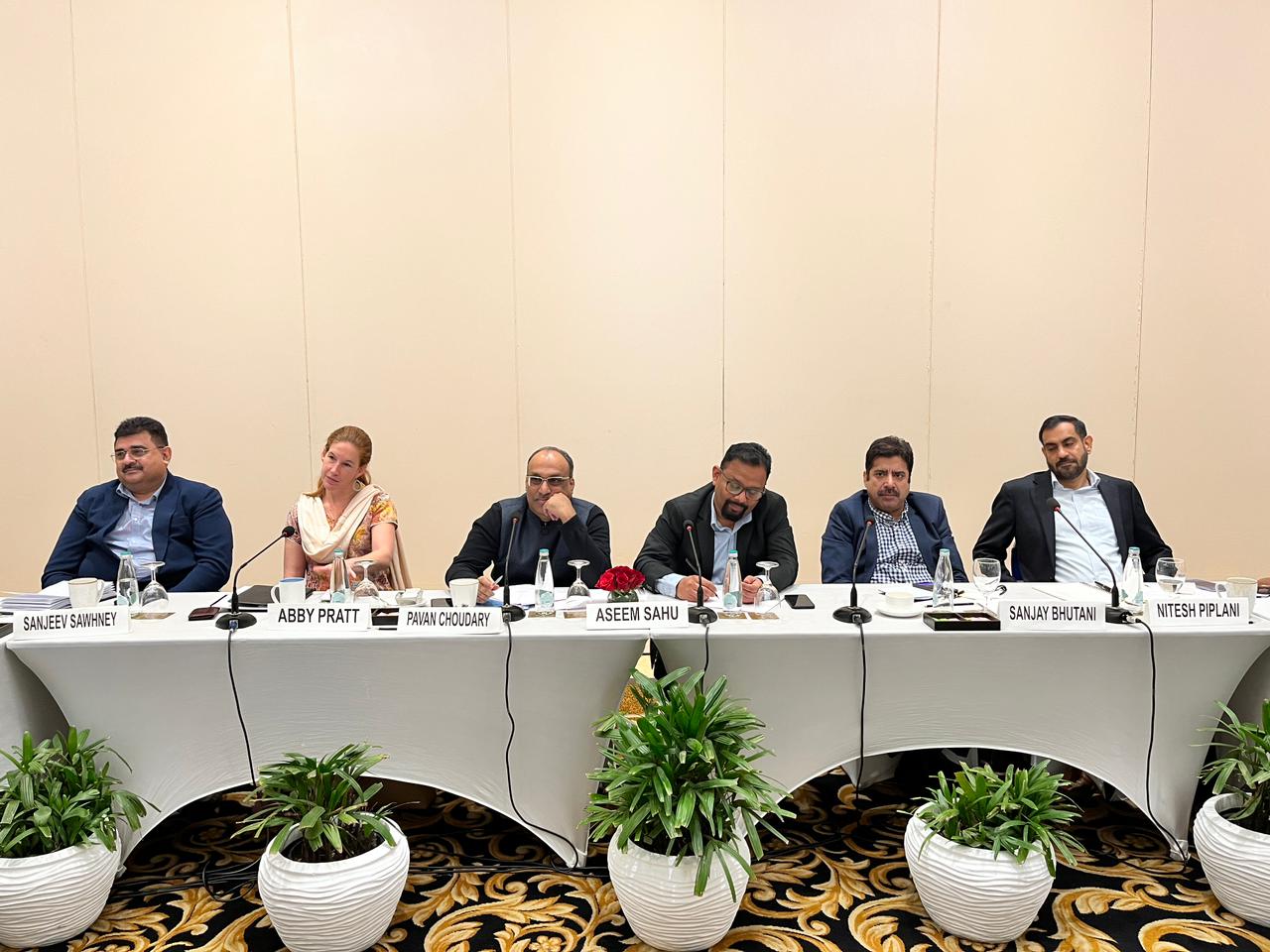The health ministry’s medical devices rules still deviate from globally accepted practices, insisting on conditions like different labelling requirements and shorter expiry dates for the products, argue global medical device makers upset with the third draft of the proposed norms. This draft, which has been published as a gazette notification, doesn’t reflect revisions that the ministry agreed upon during discussions with the industry that took place earlier this month, they said. The ministry has given the industry and other members of the public 30 days’ time to respond to the notification with suggestions and objections.
According to industry officials ET spoke to, the draft proposes rules which are more applicable to drugs instead of medical devices. For instance, they specify that the shelf-life of a medical device shall not exceed five years from the date it was manufactured unless the Central Licencing Authority extends it upon receiving satisfactory evidence.
The draft also mandates that companies specify the physical manufacturer’s address as well as the manufacturing date of the device–something that is not practiced in any other country, according to the official. This condition also overrules a 2014 gazette notification that allowed manufacturers to use a sticker to indicate these details and adhere to the regulations here, said the official.
Conditions like these could lead to the prices of imported medical devices in India going up by at least 20%, another industry official told ET on the condition of anonymity.
Currently, 70% of the medical devices used in India are imported and cannot meet this requirement, according to the official. This would mean that the government could stop the distribution of the product in India and prosecute these companies, the official said. “If this is the case, (multinationals) would have to make devices that adhere to India’s specifications separately. The cost of production will go up and inevitably be passed on to the patients,” the official said. Another possibility is that companies may choose not to export their products to India, which contributes to a fraction of their global medical device exports, explained the first official. This could then lead to a scarcity of these products, the official added.
“We are disappointed that some points on which the health ministry agreed to are not reflected in the draft rules,” Medical Technology Association of India director general PavanChoudhary told ET. The recently formed MTaI represents both domestic as well as foreign medical device makers.
“We are optimistic that continuing in the inclusive and consultative tone set by the ministry, these points–particularly those pertaining to respecting globally accepted shelf-life and labelling norms will be accepted in the interest of uninterrupted supply of critical care devices to the Indian patients,” he said.
Publication: The Economic Times (Online)
Journalist: PrabhaRaghavan




